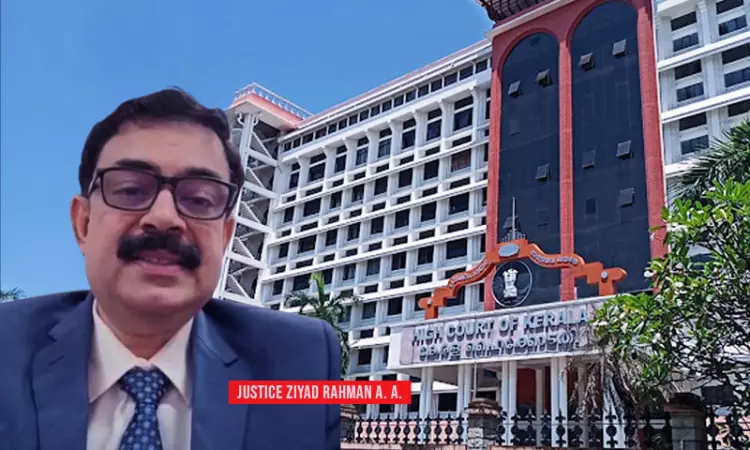S.482 CrPC Can Be Invoked To Secure Justice Despite Availability Of Revisional Remedy: Kerala High Court
Hannah M Varghese
4 July 2023 10:19 AM IST

Next Story
4 July 2023 10:19 AM IST
The Kerala High Court has recently held that inherent powers under Section 482 CrPC can be invoked to secure justice and to prevent abuse of court process despite the availability of a revisional remedy under Section 397. Justice Ziyad Rahman A.A disagreed with the findings in Bayyarapu Suresh Babu v. State of Andra Pradesh & Ors (2021) and observed that the availability of a...
